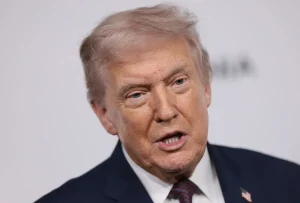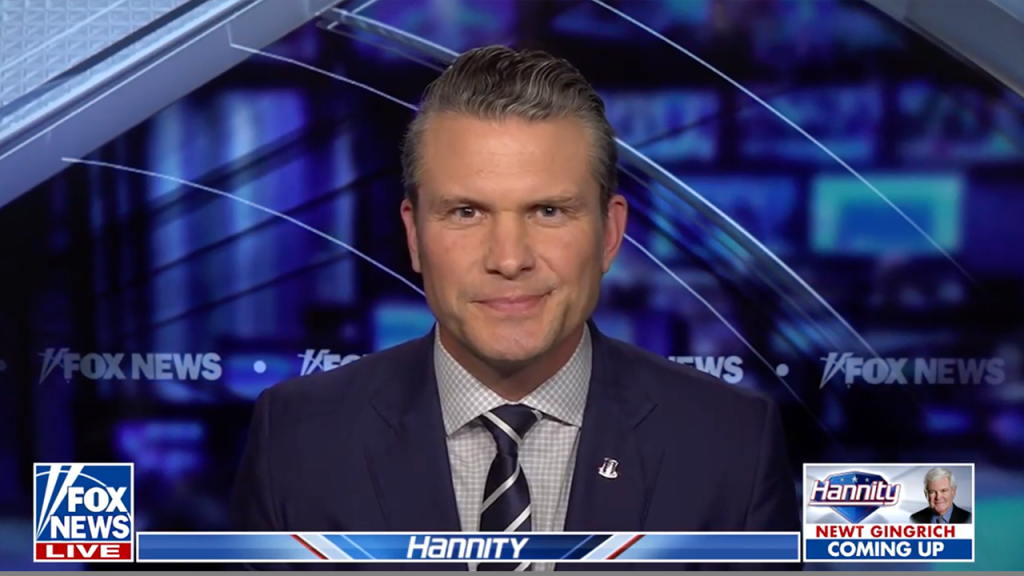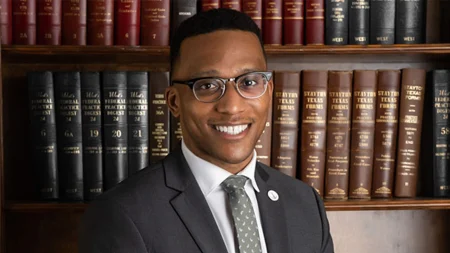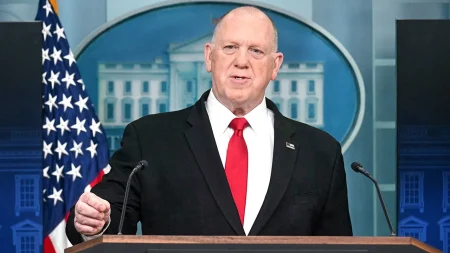Pete Hegseth’s nomination as Secretary of Defense has ignited a firestorm of controversy, primarily stemming from his past remarks on women in combat roles. The crux of the debate revolves around Hegseth’s seemingly contradictory stances: his earlier, explicit opposition to women serving in combat, juxtaposed with his more recent affirmations of their value and contributions to the military. This apparent about-face has raised questions about his sincerity and whether his recent pronouncements are merely politically expedient maneuvers to secure Senate confirmation.
Hegseth’s earlier statements, made on the Shawn Ryan podcast just days before his nomination, unequivocally opposed women in combat. He argued that their presence did not enhance military effectiveness or lethality, but rather introduced complications that ultimately increased casualties. He further suggested that institutional incentives for women in combat were misplaced, asserting that men were inherently more capable in such roles throughout history. While acknowledging the contributions of women service members, he maintained that their integration into combat units inherently increased complexity, leading to negative consequences. He also criticized the military leadership for prioritizing diversity quotas over combat effectiveness, citing a 2015 Marine Corps study that purportedly demonstrated the inferior performance of integrated units compared to all-male units.
Hegseth’s subsequent attempts to clarify his position have focused on highlighting the contributions of women in the military, referring to them as “some of our greatest warriors.” He has emphasized his commitment to serving all warriors, both men and women, should he be confirmed as Secretary of Defense. This shift in rhetoric, however, has failed to quell the concerns of his critics, who view it as a calculated attempt to mitigate the damage caused by his previous remarks and appease those who find his earlier stance unacceptable. The stark contrast between his earlier, unambiguous opposition and his current, more conciliatory tone has created an impression of inconsistency and fueled skepticism about his true beliefs.
The controversy surrounding Hegseth’s nomination underscores the ongoing debate about the role of women in the military, particularly in combat roles. While significant strides have been made in integrating women into the armed forces, resistance to their full participation in combat persists. Hegseth’s initial comments resonate with those who hold traditional views about gender roles and military service, while his later statements attempt to bridge the divide and acknowledge the valuable contributions of women in uniform. This delicate balancing act reflects the broader societal struggle to reconcile evolving gender roles with established military traditions.
The Senate confirmation process will serve as a crucial test of Hegseth’s ability to navigate this complex issue. He will need to convince senators that his commitment to supporting all service members is genuine and that his earlier remarks do not reflect his current views. He will likely face tough questions about his apparent change of heart and be pressed to reconcile his past statements with his present pronouncements. The outcome of the confirmation process will not only determine Hegseth’s fate but also send a message about the Senate’s stance on the role of women in the military.
Beyond the immediate political implications, the Hegseth controversy raises fundamental questions about military effectiveness, diversity, and inclusion. Supporters of full integration argue that diversity strengthens the military by bringing a wider range of skills and perspectives to the table. They also point to the exemplary service of women in various roles, including combat, as evidence of their capabilities. Opponents, on the other hand, maintain that certain physiological differences between men and women necessitate separate standards and roles, and that prioritizing diversity over combat effectiveness compromises military readiness. This debate is likely to continue, even after the Senate decides on Hegseth’s nomination, reflecting the ongoing evolution of gender roles in society and the military.














